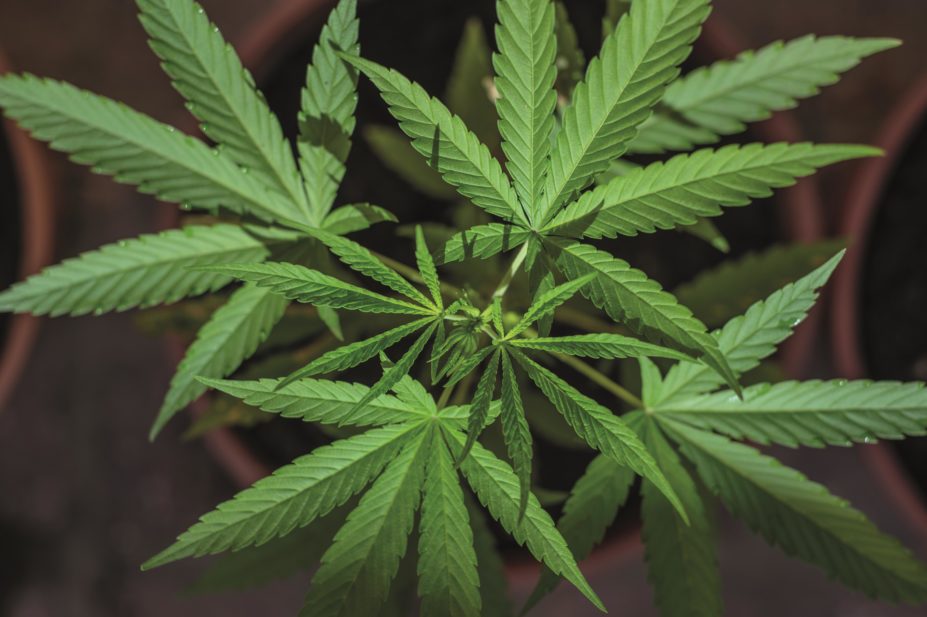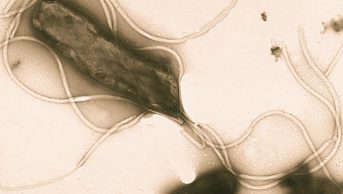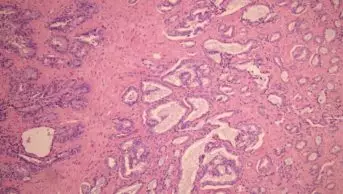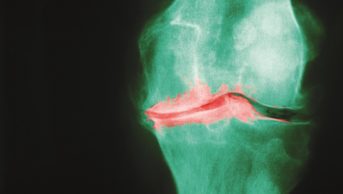
Shutterstock.com
Cannabidiol is an extract of marijuana that has no psychoactive properties but potential medicinal uses, including as an anticonvulsant. To explore this possibility, ten centres in the United States have been granted permission to use a liquid form of cannabidiol (Epidiolex, GW Pharmaceuticals) in children and young adults with severe treatment-resistant epilepsy.
At the American Academy of Neurology’s annual meeting, researchers presented data[1]
on 123 such patients, whose aetiologies included Dravet syndrome and Lennox-Gastaut syndrome. After 12 weeks’ treatment with cannabidiol at a daily dose of up to 25mg/kg, total seizures (convulsive and nonconvulsive) fell by 46%, on average, versus baseline. The most common adverse events were somnolence, diarrhoea, fatigue and decreased appetite.
“Controlled trials are indicated to characterise efficacy and safety,” the researchers conclude.
References
[1] Devinsky O, Sullivan J, Friedman D et al. Epidiolex (cannabidiol) in treatment resistant epilepsy. Abstract presented at American Academy of Neurology’s 67th Annual Meeting in Washington, D.C., 18-25 April 2015.


